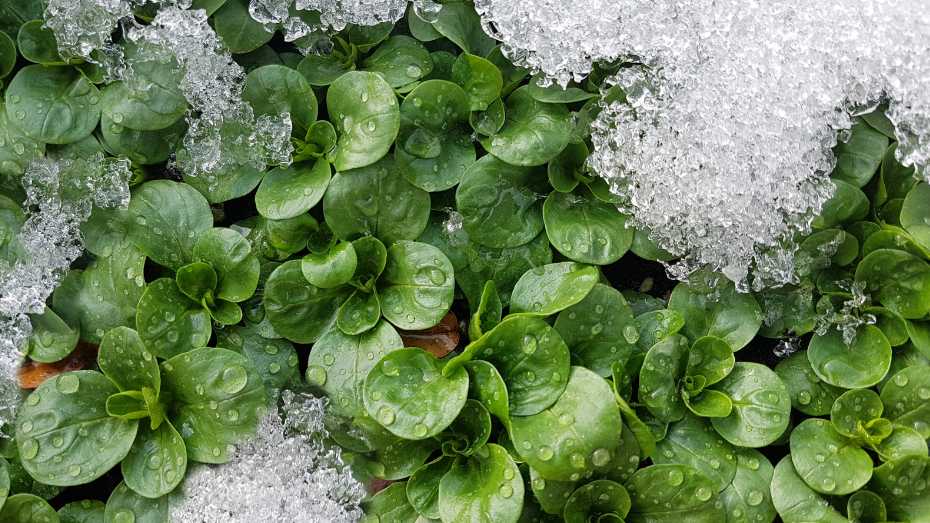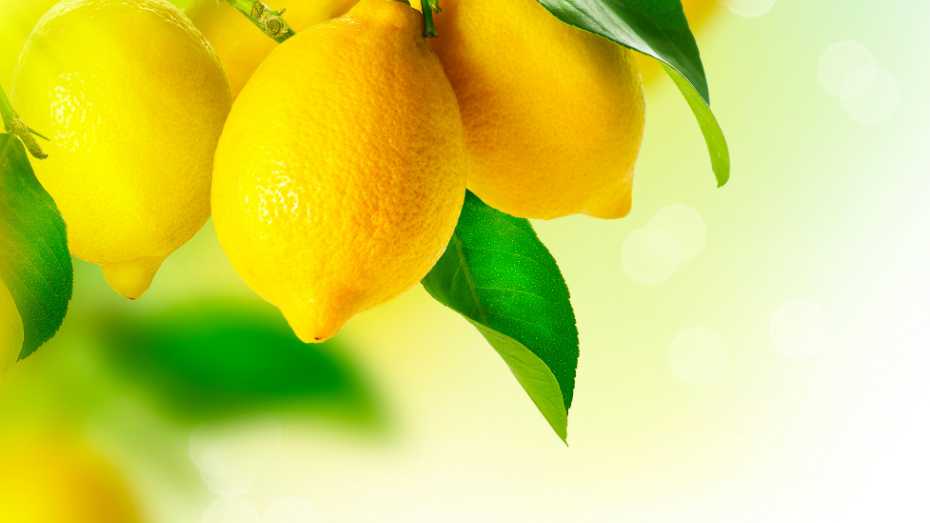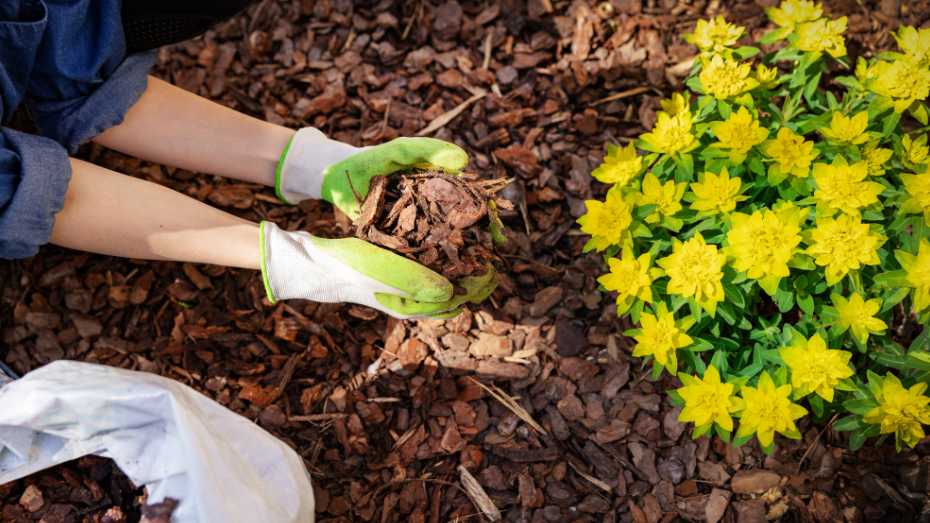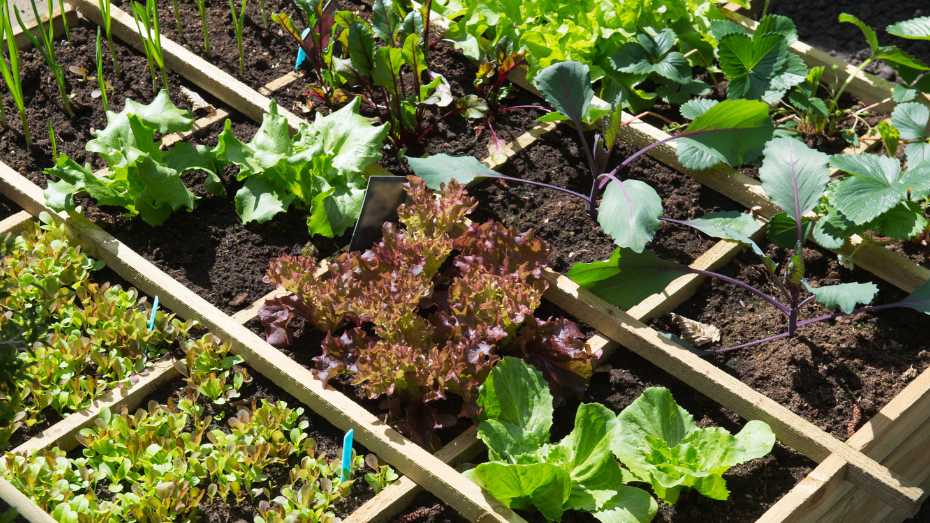Winter gardening is not just a seasonal hobby; it’s a testament to nature’s resilience and our ability to harness its potential. As you embark on this journey, consider the following insights to ensure a bountiful winter harvest.
Introduction to Winter Gardening
The Importance of Winter Gardening
Winter gardening extends beyond providing fresh produce; it’s a therapeutic and rewarding activity. Cultivating a winter garden allows you to connect with nature, boost your mental well-being, and enjoy the fruits of your labor even in colder months.
Benefits of Winter Vegetables
Winter vegetables boast unique flavors and nutritional profiles. Packed with vitamins and antioxidants, they contribute to a healthier diet. Additionally, winter gardening helps maintain a year-round green environment, promoting biodiversity.
Selecting the Right Winter Crops
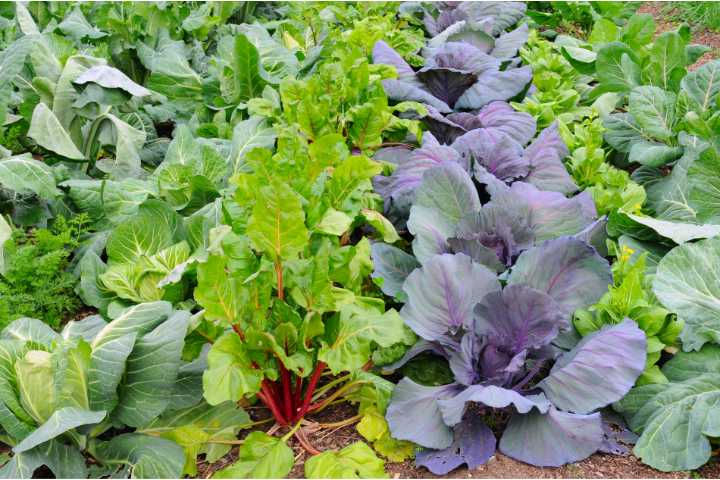
Cold-Tolerant Vegetables
Choosing the right vegetables is crucial for winter gardening success. Opt for cold-tolerant varieties such as kale, spinach, carrots, and Brussels sprouts. These hardy plants can withstand chilly temperatures and even improve in taste after exposure to frost.
Understanding Frost Dates
To maximize your winter harvest, familiarize yourself with frost dates in your region. Planting before the first expected frost allows your vegetables to establish roots, ensuring a robust and resilient garden.
Preparing Your Winter Garden
Soil Preparation Tips
Well-prepared soil is the foundation of a thriving winter garden. Enhance soil structure by adding compost and organic matter. This not only provides essential nutrients but also improves water retention.
Mulching Techniques
Mulching is a game-changer in winter gardening. Apply a thick layer of mulch around your plants to insulate the soil, regulate temperature, and suppress weed growth. Mulching also prevents soil erosion during heavy winter rains.
Planting Techniques
Succession Planting
Succession planting involves sowing crops at intervals to ensure a continuous harvest. This technique optimizes space and resources, allowing you to enjoy a variety of fresh produce throughout the winter season.
Container Gardening in Winter
For those with limited space, container gardening is a viable option. Choose large containers with proper drainage, and position them strategically to receive optimal sunlight. Container gardening provides flexibility and is suitable for various winter vegetables.
Protecting Your Plants from Frost
Frost Cloth and Blankets
When frost threatens, shield your plants with frost cloth or blankets. These protective layers trap heat, preventing frost from settling on delicate leaves. Secure the cloth loosely to avoid damaging the plants.
DIY Frost Protection Solutions
Explore DIY solutions, such as creating makeshift cloches or using inverted buckets. These simple yet effective methods offer additional protection during unexpected temperature drops.
Caring for Winter Vegetables
Watering Strategies
Winter vegetables still require consistent watering. Water early in the day to allow the soil to absorb moisture before temperatures drop. Be cautious not to overwater, as excess moisture can lead to root rot.
Fertilization Tips
While winter vegetables are resilient, providing them with adequate nutrients is essential. Use a balanced organic fertilizer to promote healthy growth without the risk of chemical residues.
Dealing with Common Winter Pests
Identifying Winter Pests
Pests can be persistent even in winter. Keep an eye out for aphids, slugs, and caterpillars. Regularly inspect the undersides of leaves for signs of infestation.
Natural Pest Control Methods
Combat pests organically by introducing beneficial insects like ladybugs or using neem oil. These natural methods protect your garden without harmful chemical residues.
Harvesting in Winter
Knowing When to Harvest
Harvesting timing is crucial for winter vegetables. Pick them when they reach maturity but before the most severe frost sets in. Some vegetables, like kale and Brussels sprouts, become even sweeter after exposure to cold temperatures.
Extending the Harvest Season
Implement season-extending techniques like row covers or cold frames to protect your crops from harsh weather conditions. These measures allow you to enjoy a more extended harvest window.
Success Stories and Testimonials
Community Winter Gardens
Joining or starting a community winter garden can provide valuable insights and support. Sharing experiences and knowledge within a community fosters a sense of camaraderie and encourages successful winter gardening practices.
Personal Winter Gardening Tales
Personal stories of triumphs and challenges in winter gardening inspire and guide others. Whether it’s overcoming unexpected frosts or discovering a new favorite winter vegetable, these tales showcase the diverse and rewarding aspects of winter gardening.
FAQs About Winter Gardening
To protect your plants from frost, use frost cloth or blankets. These act as insulating layers, preventing frost from settling on delicate leaves. Additionally, consider DIY solutions like makeshift cloches or inverted buckets for added protection.
Cold-tolerant vegetables such as kale, spinach, carrots, and Brussels sprouts thrive in winter. Their hardy nature allows them to withstand chilly temperatures and even enhance in flavor after exposure to frost.
Yes, growing vegetables indoors in winter is possible. Utilize containers with proper drainage and position them near windows to receive adequate sunlight. This approach is especially beneficial for those with limited outdoor space.
Water your winter garden early in the day to allow the soil to absorb moisture before temperatures drop. Be mindful not to overwater, as excess moisture can lead to root rot in winter vegetables.
Succession planting involves sowing crops at intervals to ensure a continuous harvest. Plan your planting schedule to stagger the growth of different crops, optimizing space and resources for a prolonged harvest season.
Yes, several organic pest control methods are effective in winter. Introduce beneficial insects like ladybugs, use neem oil, or employ companion planting strategies to deter pests without resorting to harmful chemicals.
Conclusion
Embrace the winter gardening challenge with confidence, armed with the knowledge of the best ways to plant vegetables and Growing Herbs in Small Spaces in winter. Whether you’re a seasoned gardener or a novice, the joy of harvesting fresh produce amid the winter chill is a gratifying experience. Implement these strategies, share your stories, and let your winter garden thrive.

